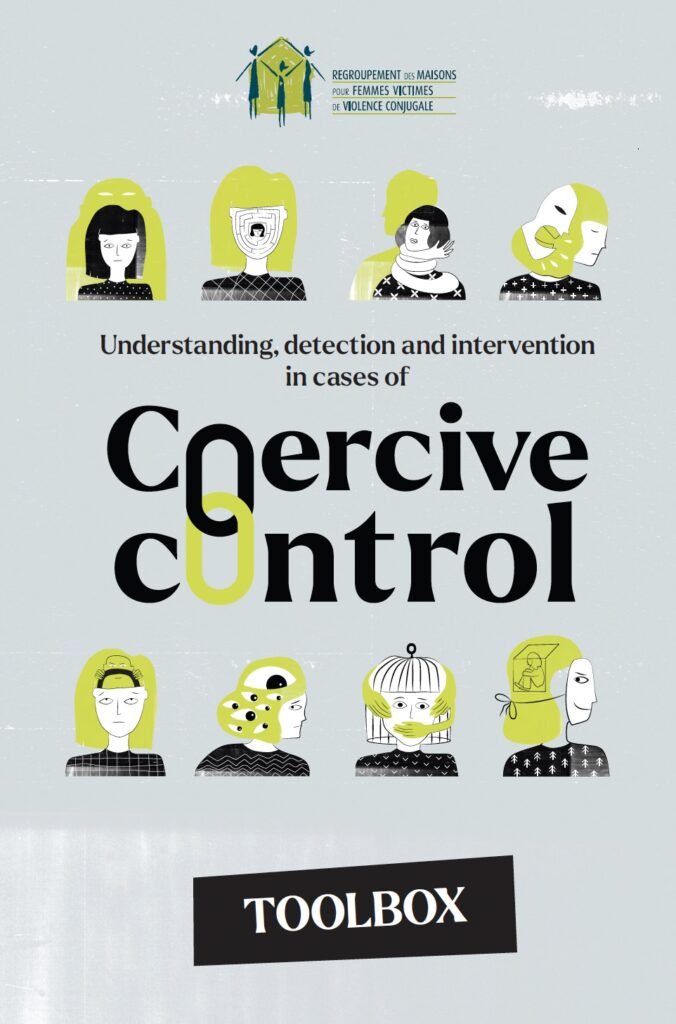Version française de cette page
Coercive Control: A Tool to Better Identify and Address Intimate Partner Violence
This project, starting in fall 2021, and supported by Women and Gender Equality Canada, aims to improve the justice system experience of women who are victims of intimate partner violence.
Raising Awareness and training the judiciary
The aim of this promising project is to improve the practices of the various judicial professionals and institutions in order to remove the systemic obstacles that women victims of conjugal violence face in the judicial system, particularly some of them, when they try to escape from this violence. To achieve this, our intention is to sensitize and train court workers in the concept of coercive control, so that they recognize the full range of manifestations of conjugal violence and develop more appropriate practices to improve the safety and freedom of victims. The concept of coercive control describes the dynamics of deprivation of freedom, of “intimate terrorism,” and makes it possible to detect intimate partner violence sooner and implement the safety net needed to better protect women. Indeed, the presence of coercive control in a relationship is a major indicator of lethality.
A paradigm shift
Stop seeing conjugal violence as a series of isolated episodes or incidents, and instead understand it as a continuum of controlling, sometimes invisible tactics and a climate of permanent terror imposed on victims.
TOOLBOX : Understanding, detection and intervention in cases of coercive control
The objective of this toolbox, developed for justice professionals, is to make them aware of coercive control so that the less obvious manifestations of conjugal violence can be recognized and coordinated, and updated practices can be developed to improve the judicial process for victims.
Tools 1: Learn about coercive control, its manifestations and its impact on victims
- Understanding Coercive Control (short version) : digital version – B&W print version
- Understanding Coercive Control (long version) : digital version – B&W print version
- Manifestations of Coercive Control, with examples : digital version
Tools 2: Detection and intervention in cases involving coercive control
- Police Intervention : digital version – B&W print version
- Family Law : digital version – B&W print version
- Criminal Law : digital version – B&W print version
- Correctional Services : digital version
Tool 3: Coercive Control: Predictor of Homicidal Risk
digital version – B&W print version
Guide 1: Defending Immigrant Women Who Are Victims of Coercive Control
Guide for Immigration Lawyers
digital version – B&W print version
Guide 2: Defending Women in Situations of Economic Precariousness and Coercive Control
Guide for Lawyers
Police Intervention in Cases of Conjugal Violence – Quick reference: screening for and documenting coercive control
Literature review
For more information on the concept of coercive control and existing best practices for improving the judicial process for victims, please consult our literature review : Coercive Control: A Tool to Better Identify and Address Intimate Partner Violence
![]()
![]()
In addition to this toolbox, the Regroupement provides training on coercive control for social/legal professionals.

